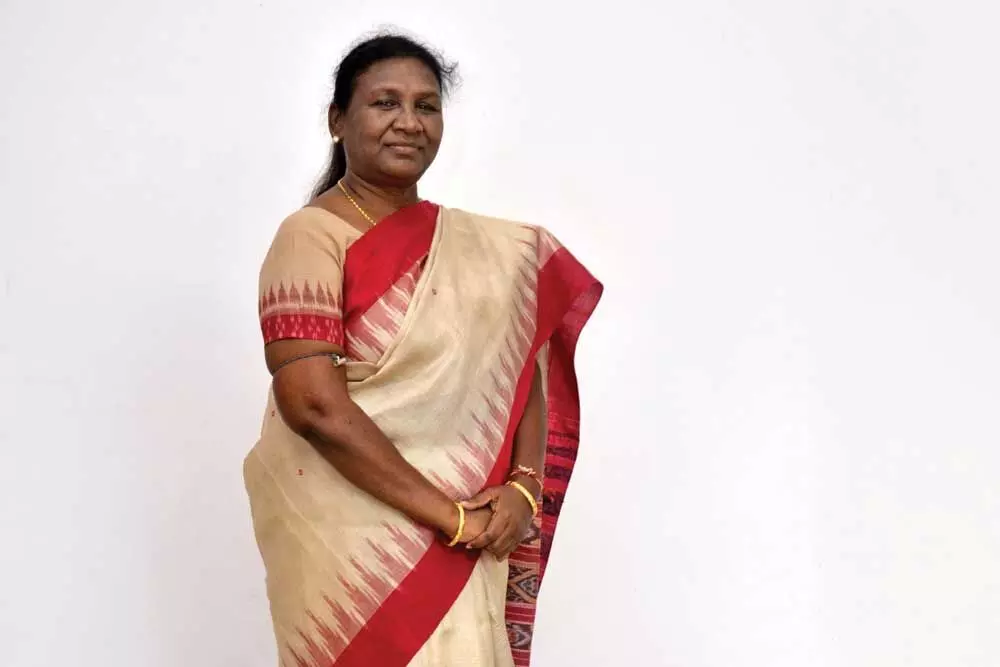President Murmu: Delays in Justice Administration Erode Public Confidence
The President addressed broader issues facing the judiciary, highlighting concerns about the backlog and delay of cases.
The President's Address

On Sunday, President Droupadi Murmu expressed concern over the urgent issue of delayed justice, especially in cases involving severe crimes such as sexual assault. She noted that such delays often lead to public disillusionment and a perception that the judicial process lacks sensitivity.
Speaking at the valedictory session of the National Conference of District Judiciary in New Delhi, President Murmu also addressed the need to eradicate the widespread practice of frequent adjournments in the Indian judicial system. She emphasised that this "Tariq pe Tariq" (date after date) culture, which leads to substantial delays in delivering justice, erodes public trust and increases the hardships for ordinary citizens, especially those from rural areas.
“When court decisions in a heinous crime like rape come after a generation has passed, the common man feels that the judicial process lacks sensitivity. It is a sad aspect of our social life that, in some cases, people with resources continue to roam around fearlessly and freely even after committing crimes,’’ quoted the president.
President Murmu’s call for quicker justice in sexual crime cases follows national outrage over the brutal rape and murder of a 31-year-old doctor at a government hospital in Kolkata, which has sparked widespread protests across the country. On August 28, Murmu, expressing profound frustration, declared that “enough is enough” and urged India to confront the “perversion” of crimes against women. She challenged the prevailing mindset that views women as “less powerful, less capable, less intelligent.” Referring specifically to the August 9 attack on the junior doctor in Kolkata, the President, “dismayed and horrified,” highlighted that this crime reflects a disturbing trend of violence against women.
In addition to addressing broader judicial challenges, President Murmu focused on the specific needs of vulnerable groups, including the children of incarcerated women and juvenile delinquents. She emphasized the importance of prioritizing the health and education of children whose mothers are in prison, acknowledging that these children face unique challenges that need special attention. “The children of imprisoned women have their entire lives ahead of them. Our priority should be to evaluate and enhance the support provided for their health and education,” she said.
Murmu also expressed her delight at the rising number of women in the judiciary. “I am very pleased to see that the proportion of women among judicial officers has increased in recent years. In many states, women now make up more than 50% of the total number of judicial officers. I hope that everyone involved in the judiciary will set exemplary standards of thought, behaviour, and language that are free from gender prejudices,” she remarked.
The President concluded on an optimistic note, praising the Supreme Court for its decision to implement the provisions of the Bharatiya Nagarik Suraksha Sanhita retroactively, including the provision for granting bail to first-time offenders after they have served a portion of their sentence. “I am confident that by promptly implementing this new criminal justice system, our judiciary will herald a new era of justice,” she stated.


